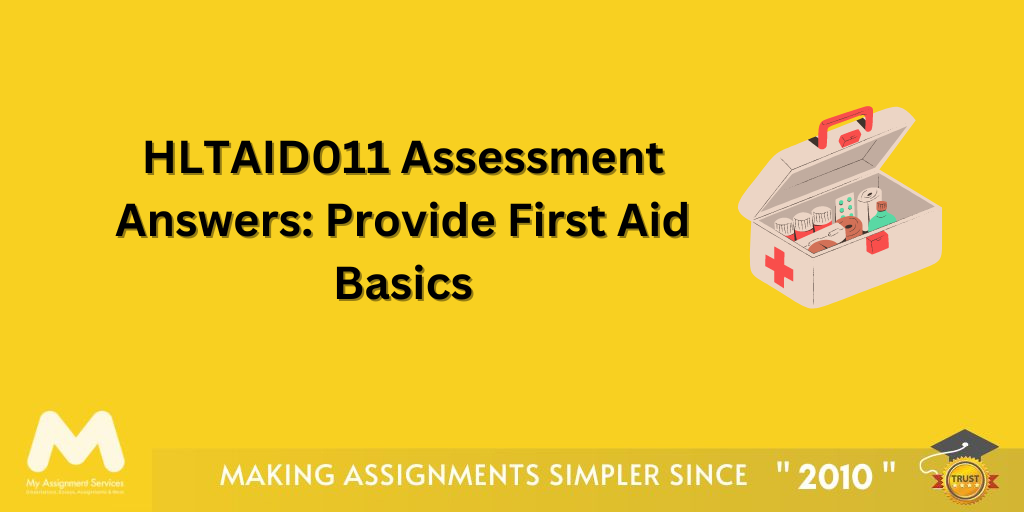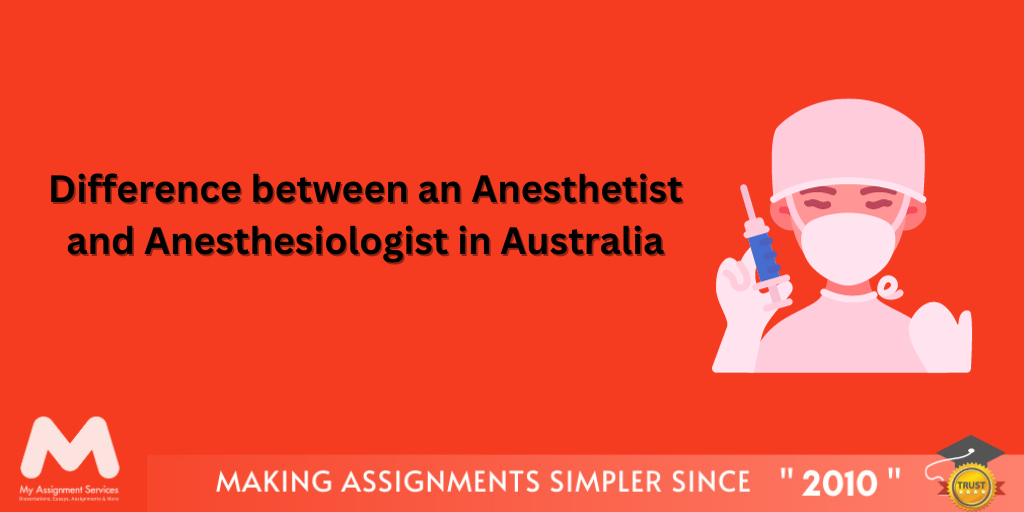
IDEAL Framework defines the various stages of innovation in a surgical and intervention procedure’s research. IDEAL means –

Generally, any research which is conducted for the surgery and interventional therapies follow the IDEAL framework. Oh, and, the IDEAL framework is used by the surgical innovators and is entirely different from the approach that is developed for the pharmacological interventions.
Do you know how the IDEAL framework came into being? It all happened when some surgeons and methodologists conducted many conferences, like many, whose aim was to study the trials in surgery that were too difficult to conduct. Then, they discussed how could they be improved the evidence-based surgery. After all the mumbo-jumbo, they concluded that the innovation in any surgery follows an approach that is different from the one used in the pharmacological world. After all this, voila, a framework called IDEAL Framework was developed and recommendations on the way to measure every stage.
How Does An IDEAL Framework Assignment Look Like?
The assignments related to the IDEAL framework are generally related to RCT or Randomised Clinical Trials. What’s a good news is that our nursing assignment experts have done many assignments related to the same. Here is a sample of an assignment that we received and helped a student solve.

What You Should Do In IDEAL Framework Assignments?
Here is a brief of what exactly does happens in an IDEAL framework.
Anyways, beginning with the five stages of the IDEAL framework, your assignment should always be revolving around the following.
Stage I – Idea
The stage I is when you have to prepare the initial report. This report is the founding stone of your entire innovation.
But, it is not always necessary that an innovation is planned through an extensive, eh? Some things happen by chance too, don’t they? So, your surgical innovation happens by an accident or maybe due to a forced decision in an emergency situation.
It has been said that the IDEAL recommendations say that all innovations should be recorded in a registry, success or failure. This is done so that everyone is aware of what has been already done and repetition is not there.
Oh, another thing you need to take care of here is the fact that you have to focus yourself on explaining the innovation. Even iPhone wouldn’t be a hit is if Steve Jobs would not have been able to explain how his innovation is going to change millions of lives.
Stage II – Development
Congratulations, your innovation is now one step closer to becoming a reality. Once you, a surgeon, plans several test procedures using a new technique or a device, you enter the development phase. The innovations are volatile during this phase because they undergo a series of modification, often called tinkering, and are susceptible to further changes.
This stage is one of the crucial ones and is often poorly reported. Even working professionals tend to get lost with the complexity and technicality of the subject, how can students not be expected to do so? The recommendations here have identified that the development stage is the one where the irregular experiments are unwanted and are of almost no use in scientific terms.
Here, you have to be prospective rather than being retrospective. This means that you need to look upon the future and not on the past.
Stage III – Exploration
The innovation is now on a stable stage. The surgeons can now see that the development of the technique was and that the technique is stable to use. This stage is useful and important because the registry of the innovation is now public and others can replicate your procedure.
The surgeons have to bring out the extremely negative effects of the innovation and all the potential benefits that the human race will be getting out of the innovation that you created.
As an innovator, you should be open to learning and changes. The learning curves are important to understand here, for you as well as others. Share your experience and tell others what not to do. Your innovation is incomplete unless you have some parameters defined that govern the quality of the procedure.
We don’t know what he learned, but you gotta learn something good, alright?
Stage IV – Assessment
You cannot make anything useful out of your innovation if it all exists only in your lab and notes. Therefore, assessing the practical application of the innovation is equally important and needful when it comes to any surgical innovation.
Also, when you take your innovation to the market and global recognition, you become a name that is known to the people. That’s really important or an innovation, isn’t it; acceptance among the masses?
Also, assessing the innovation and drawing out the practical application of the same, you can identify if the innovation can be used as a replacement for the current treatment or not. Also, you have to check how more effective is the innovation that the alleged best practice established in the clinical situation right now. If your innovation is not displaying any significant mind-blowing improvement, it is not as so much of an innovation.
Stage V – Long-Term Monitoring
Your surgical innovation has created a boom among the mediocre human race and you are now being hailed as a God. But, what good is an innovation if there are no regular improvements in the same? You need to monitor the performance of the same, any rare problem and the one that is too far-fetched has to be taken into consideration.
Also, you need to keep yourself updated with the changes and other innovations that are happening in the surgical world.
If you want any additional information or are looking for a more comprehensive IDEAL Framework or RCT assignment help, our team of nursing assignment experts can help you out in a jiffy. All you have to do is contact us by filling out the order form from below mentioned link or send your assignment requirements to help@myassignmentservices.com.
Related Study Materials
Our Experts can answer your Assignment questions instantly.
Ask Question0 Comment
Get It Done! Today
1,212,718Orders
4.9/5Rating
5,063Experts













Loved reading this Blog? Share your valuable thoughts in the comment section.
Add comment